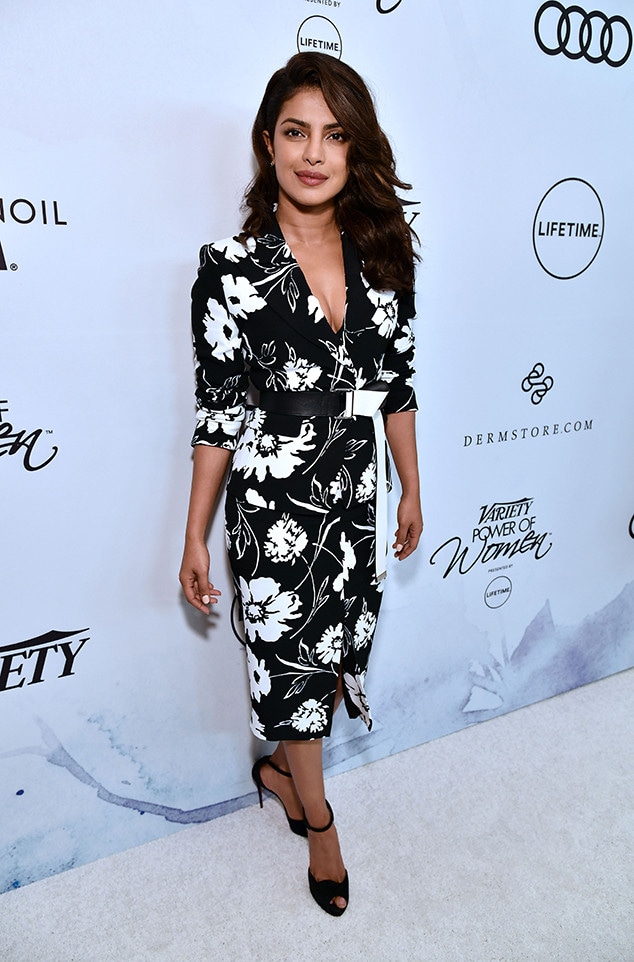 Rob Latour/Variety/REX/Shutterstock
Rob Latour/Variety/REX/ShutterstockPriyanka Chopra is opening up about her experience in the entertainment industry. In an interview with InStyle, the Quantico actress shares that she has, as recently as last year, lost out on roles because of her skin color.
"It happened last year," she tells the magazine. "I was out for a movie, and somebody [from the studio] called one of my agents and said, 'She's the wrong'—what word did they used?—'physicality.'"
She continues, "So in my defense as an actor, I'm like, 'Do I need to be skinnier? Do I need to get in shape? Do I need to have abs?' Like, what does 'wrong physicality' mean?"
Chopra's agent then said to her, "'I think, Priy, they meant that they wanted someone who's not brown.' It affected me."
The actress also talks to the magazine about the fight for equal pay.
"No one will say that a woman is getting paid less because she's a woman of color, but the numbers mostly end up reflecting that," Chopra says.
And, talking about Hollywood specifically, Chopra shares, "It happens at the casting level. There are not enough meaty, strong lead roles for women where we don't have to compromise on every level just to get the best job."
The first step to closing the pay gap is to first recognize that it exists, Chopra says, adding that the audience can help be a part of the solution.
"I want to see the day where female-led movies get as much of a run as the boys do, which means the ticket-buying audience needs to be open to that," Chopra tells the magazine. "People don't go watch females in movies because they don't believe that they can be heroes. The world has to change the way they look at their heroes. Specifically how men can help is changing the 'locker-room talk' conversation. Nothing will change until we break the stereotypes of gender in our normal, day-to-day life."